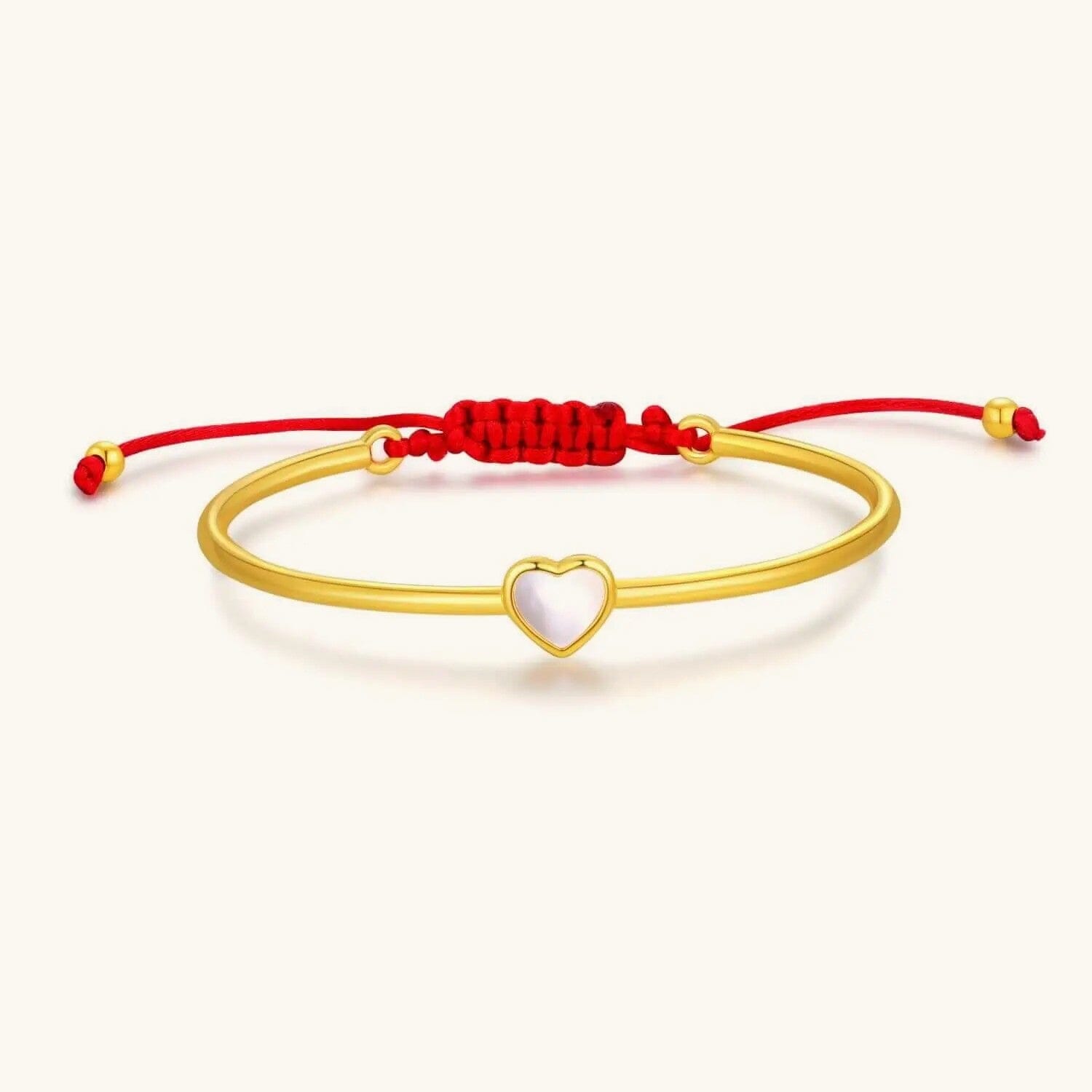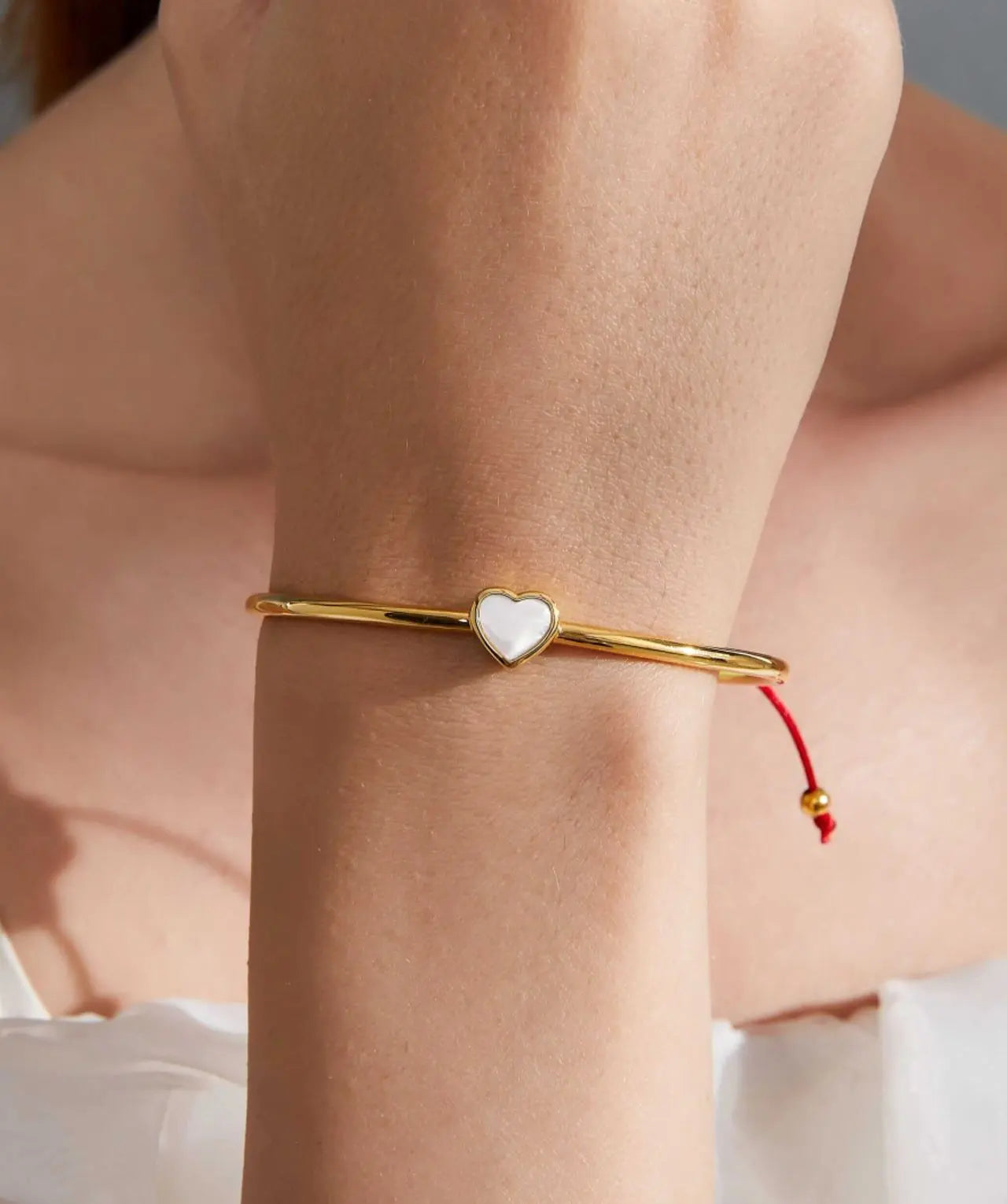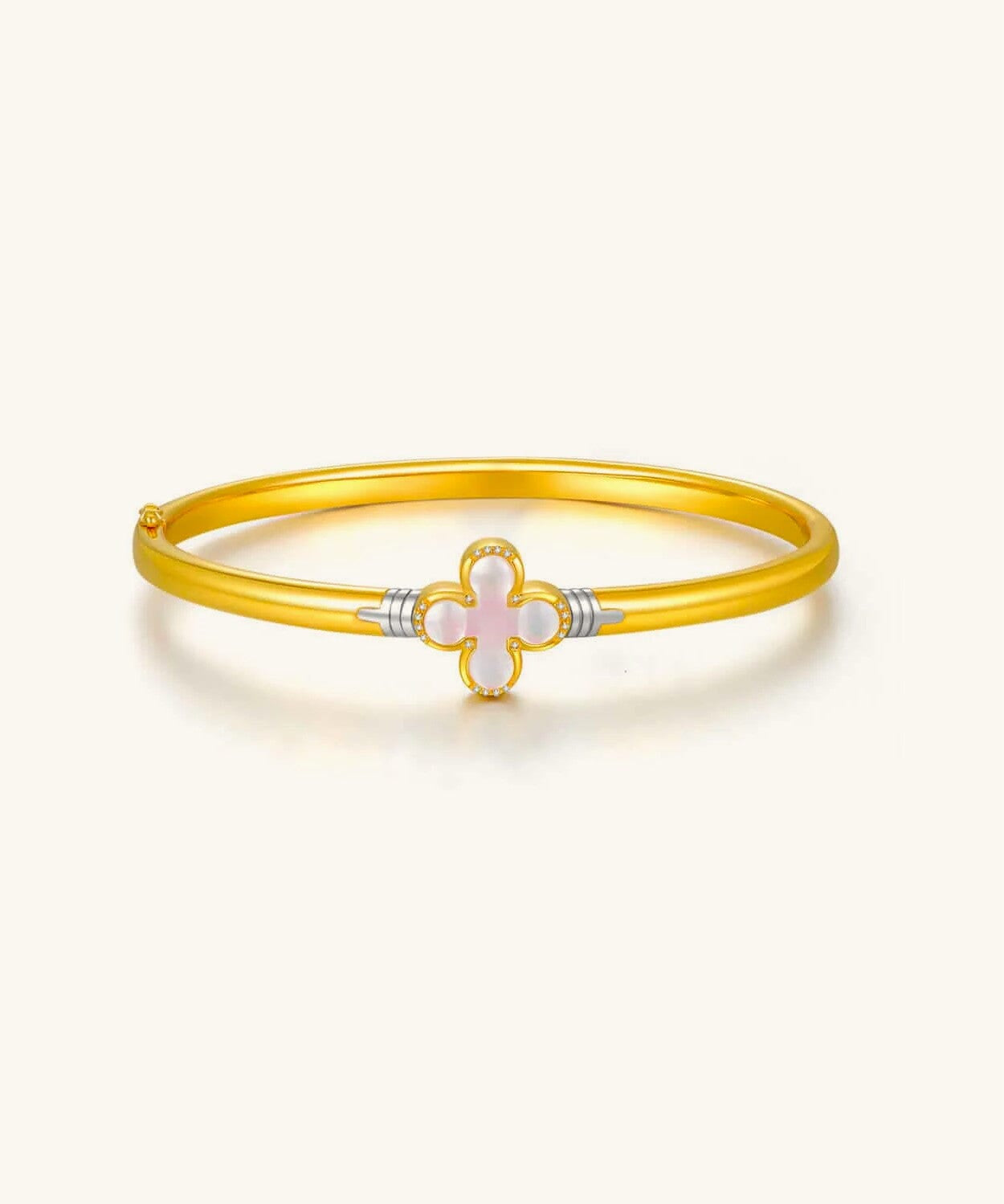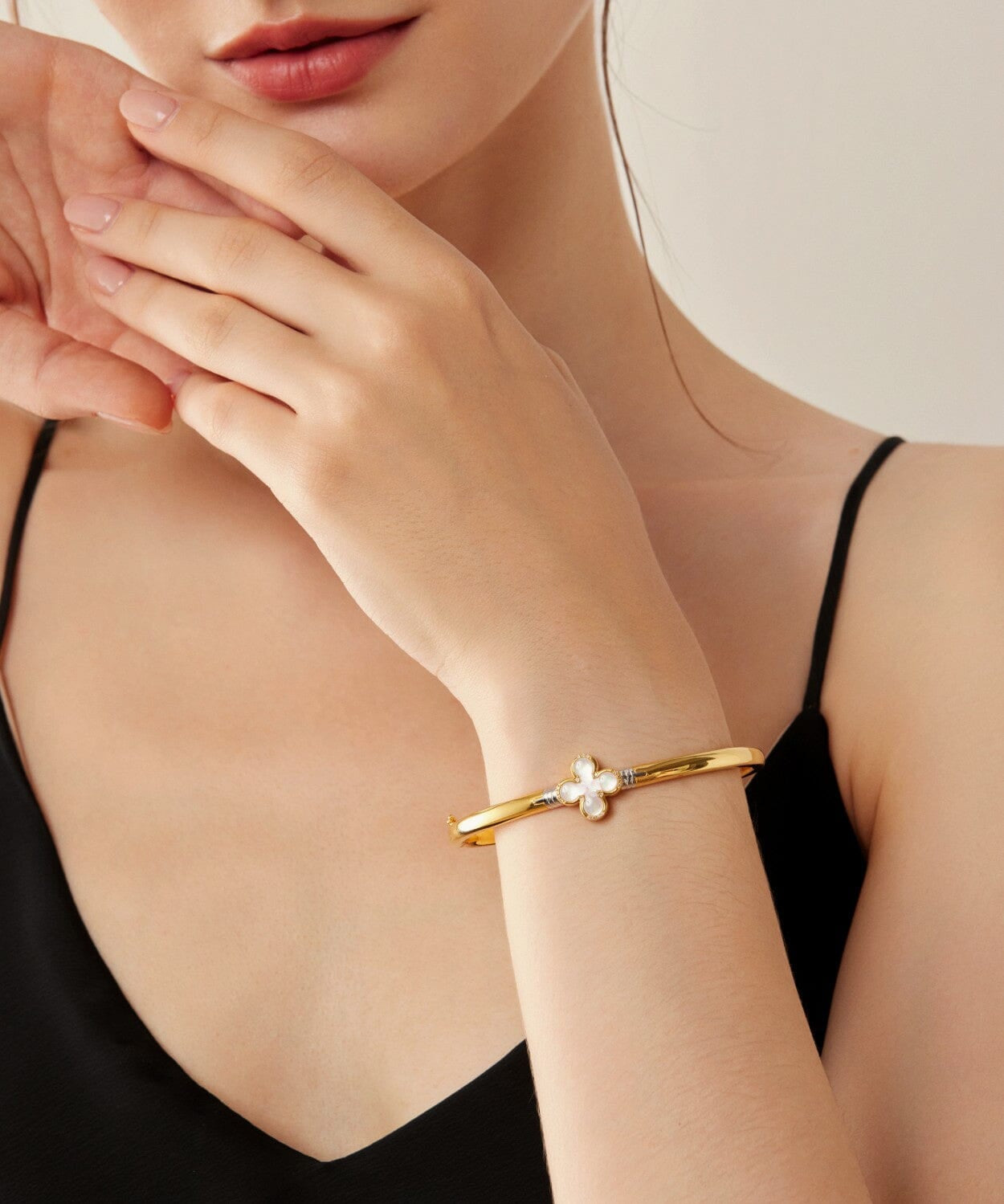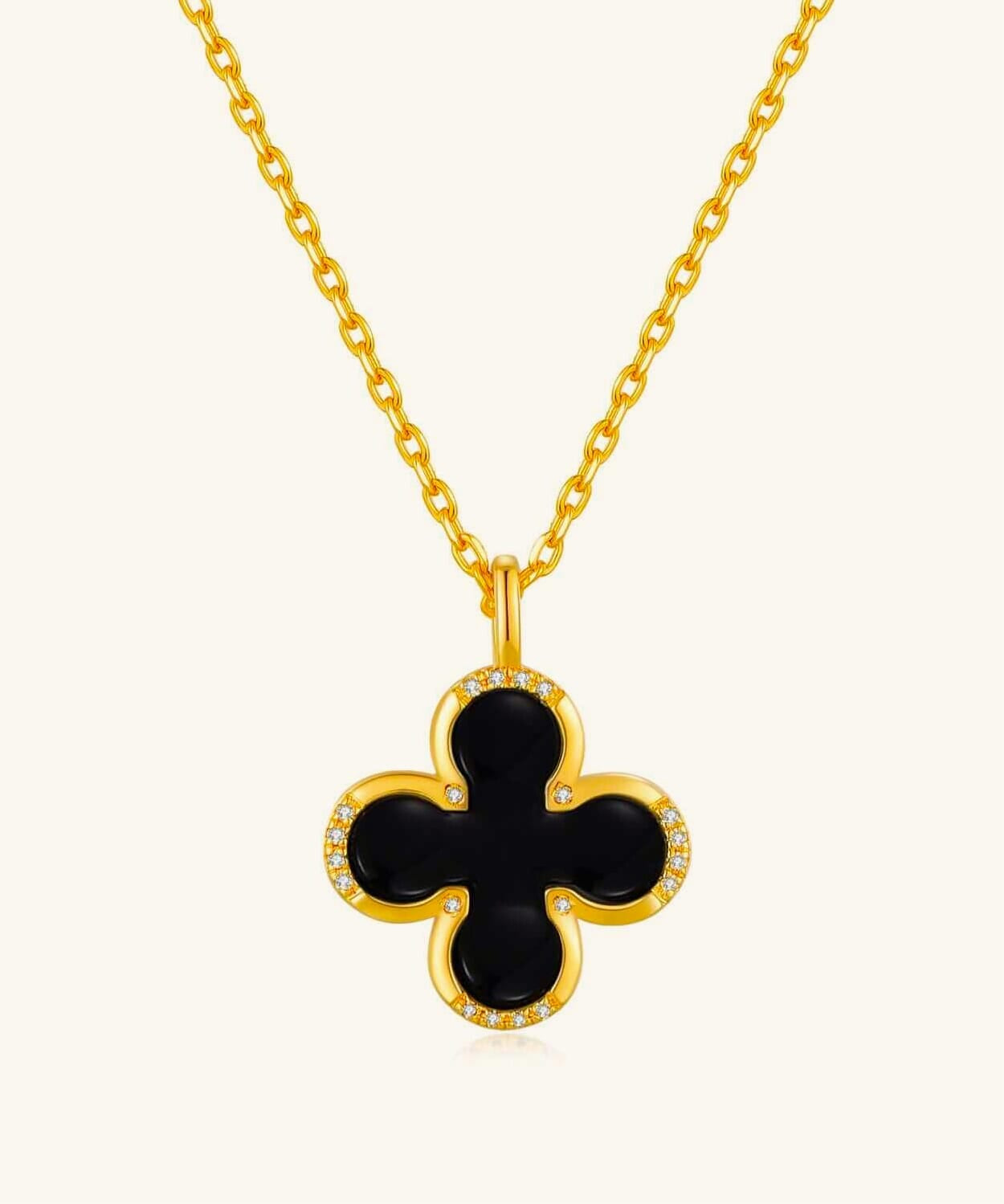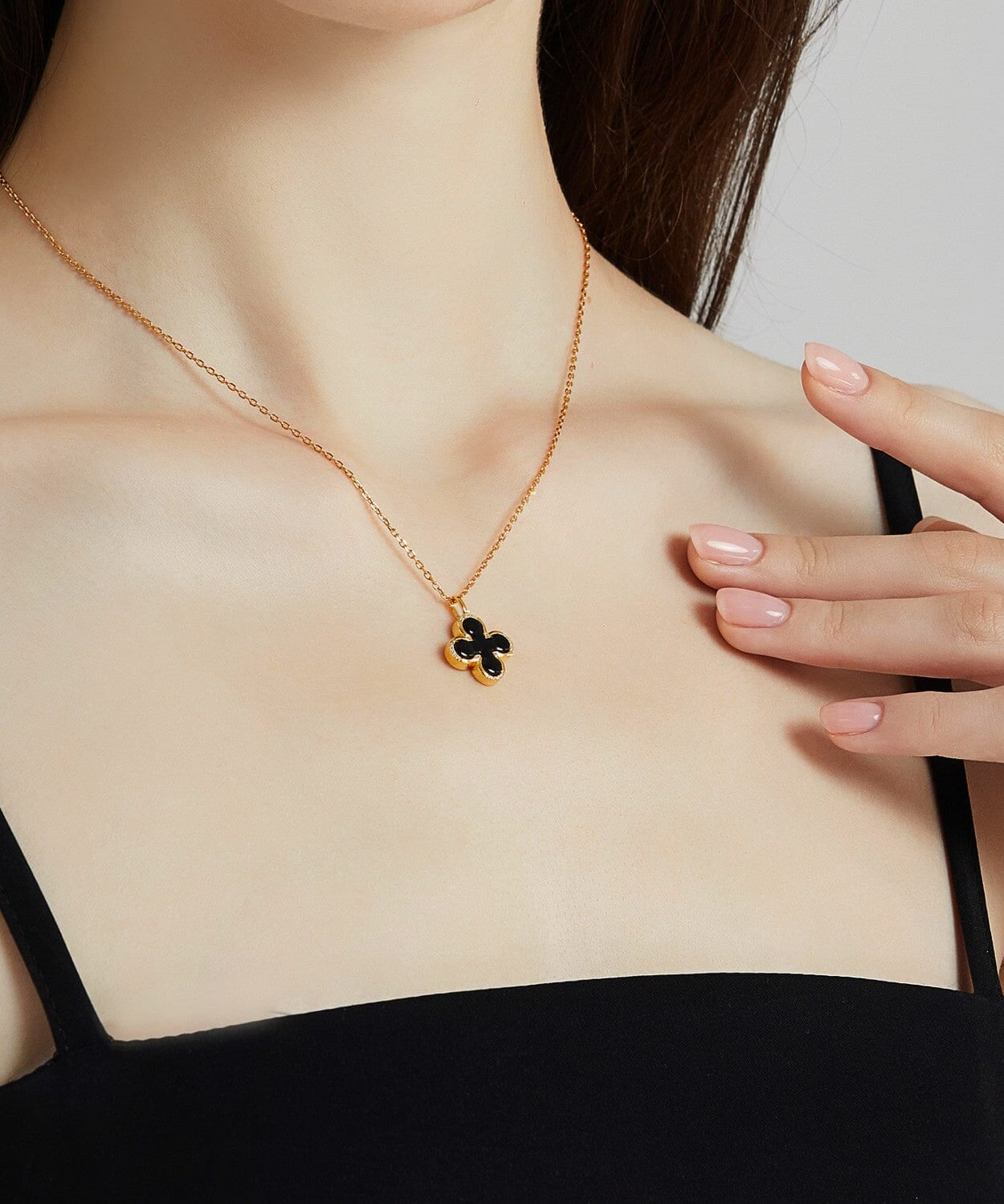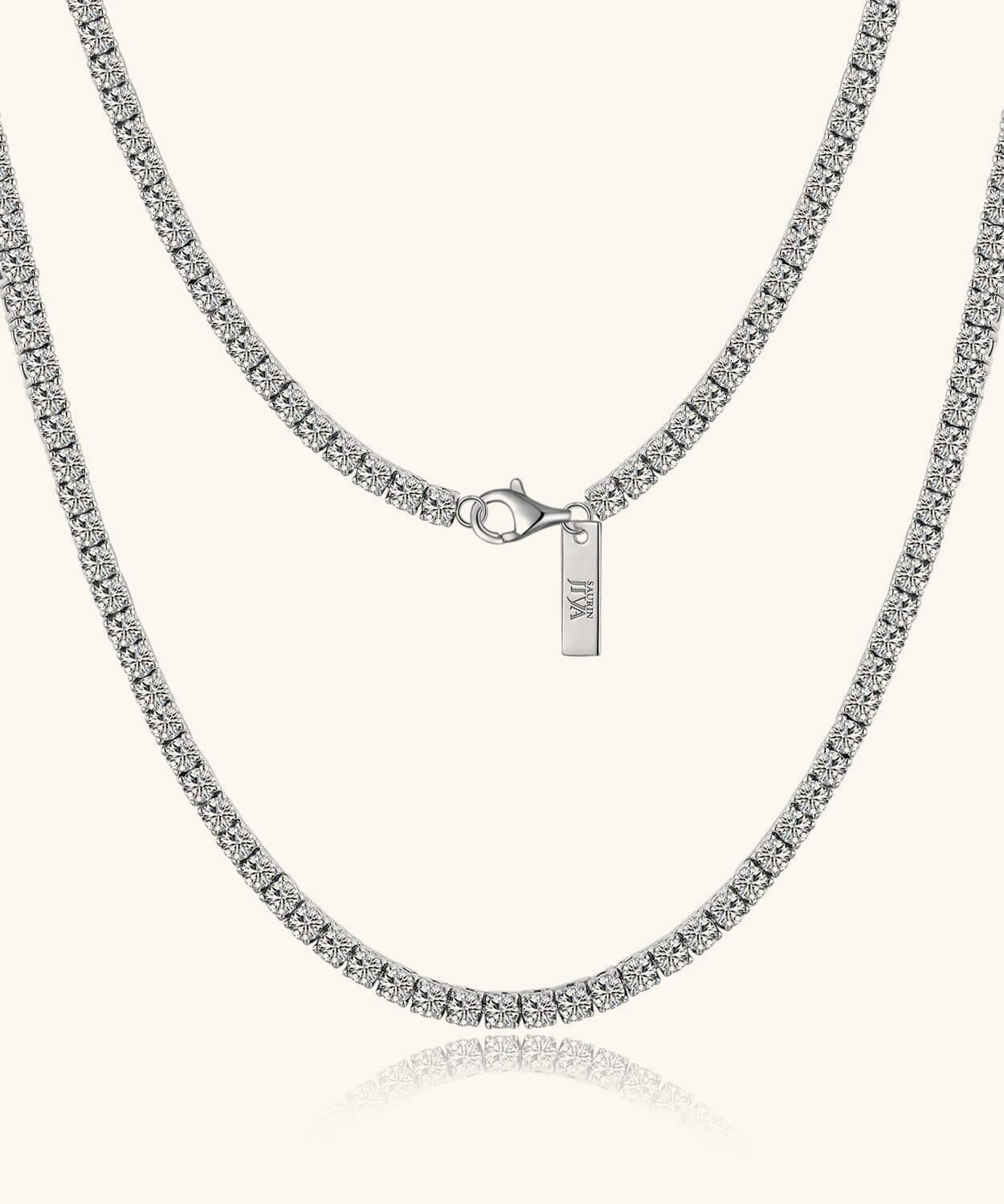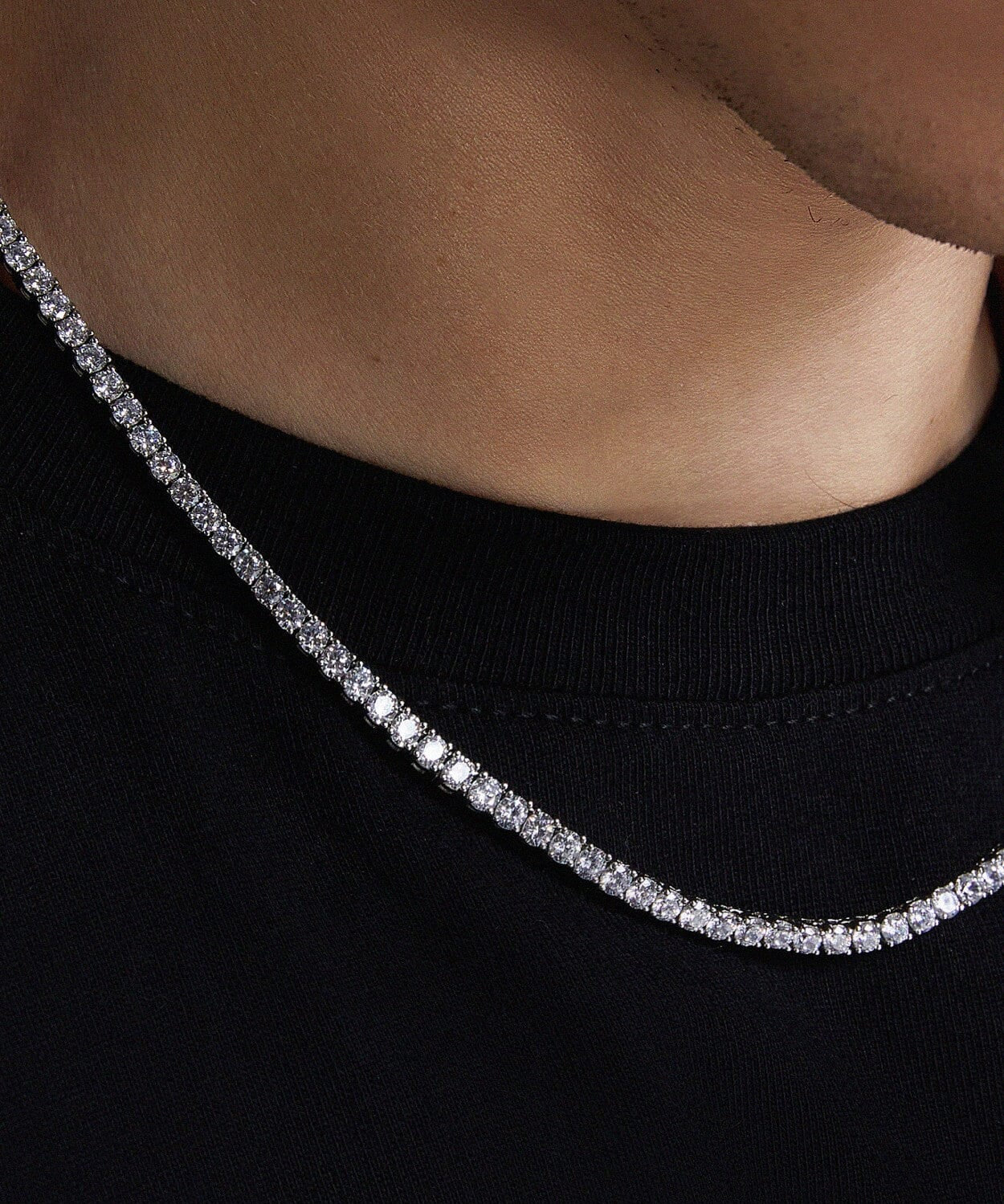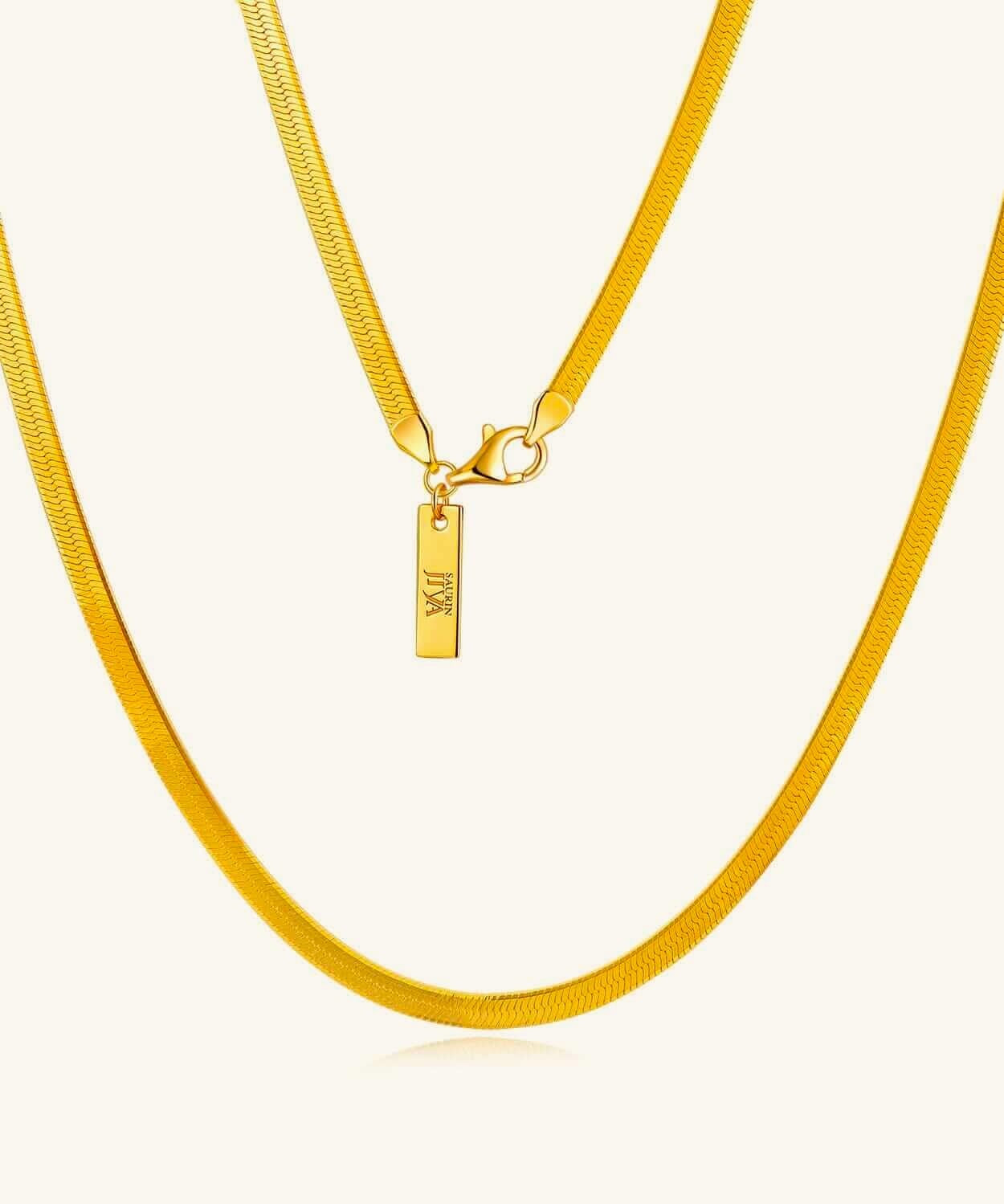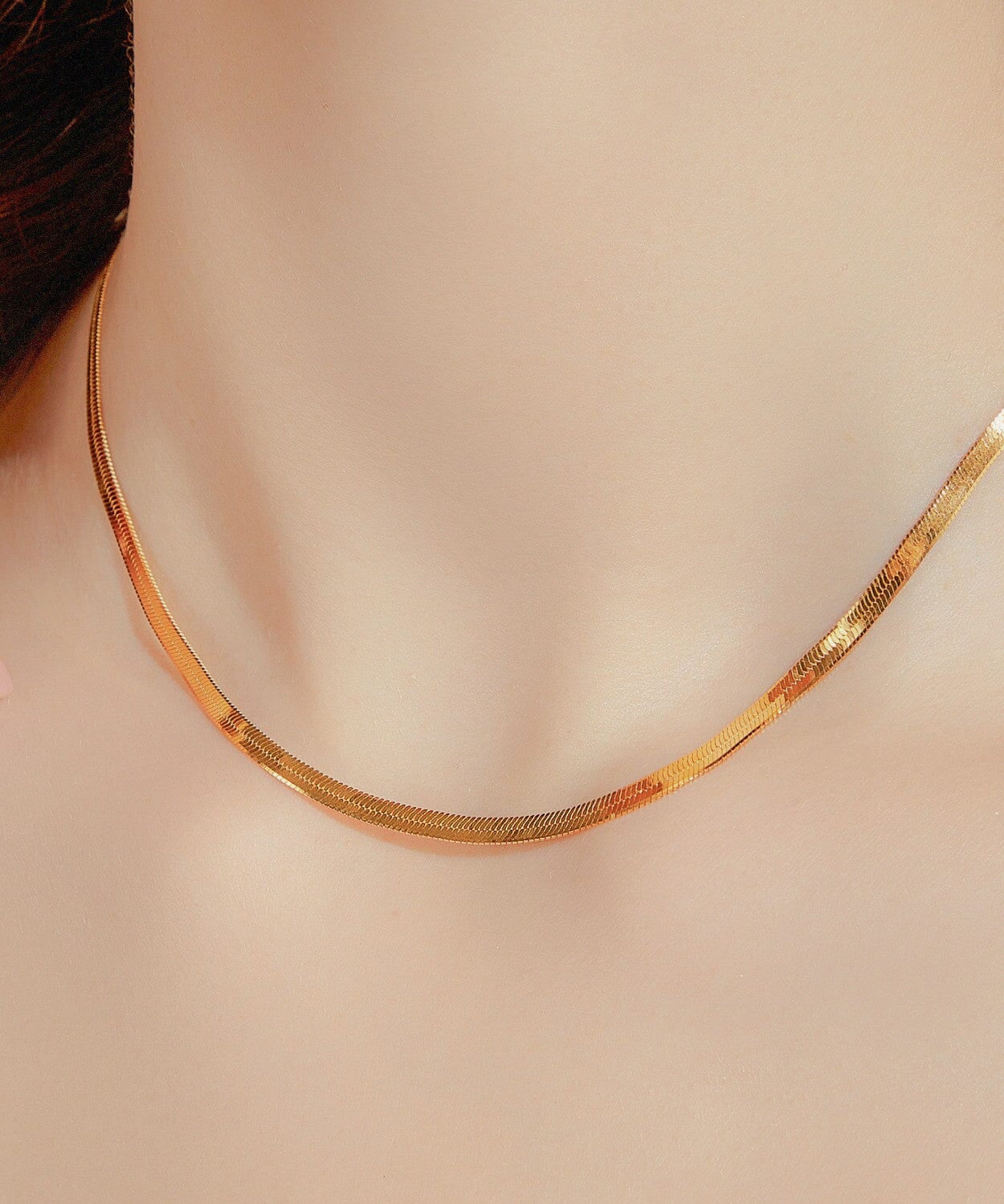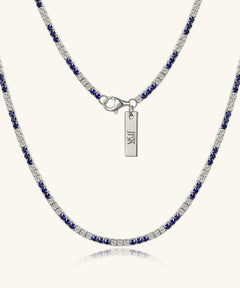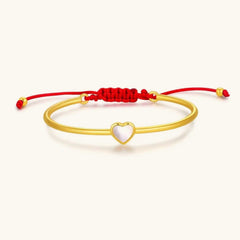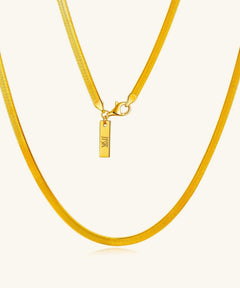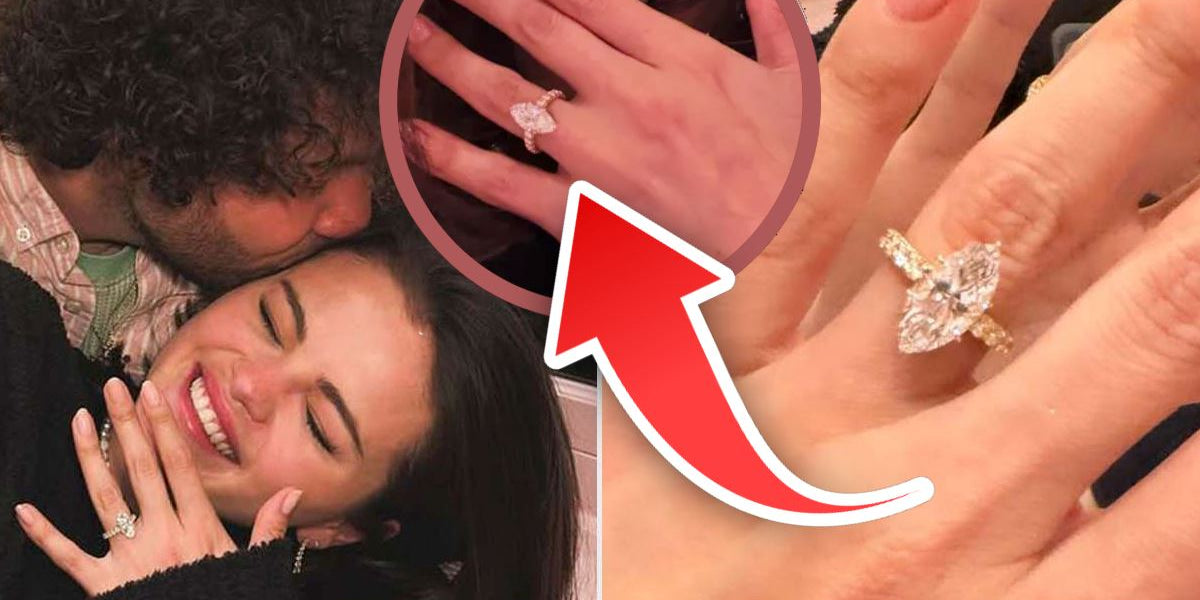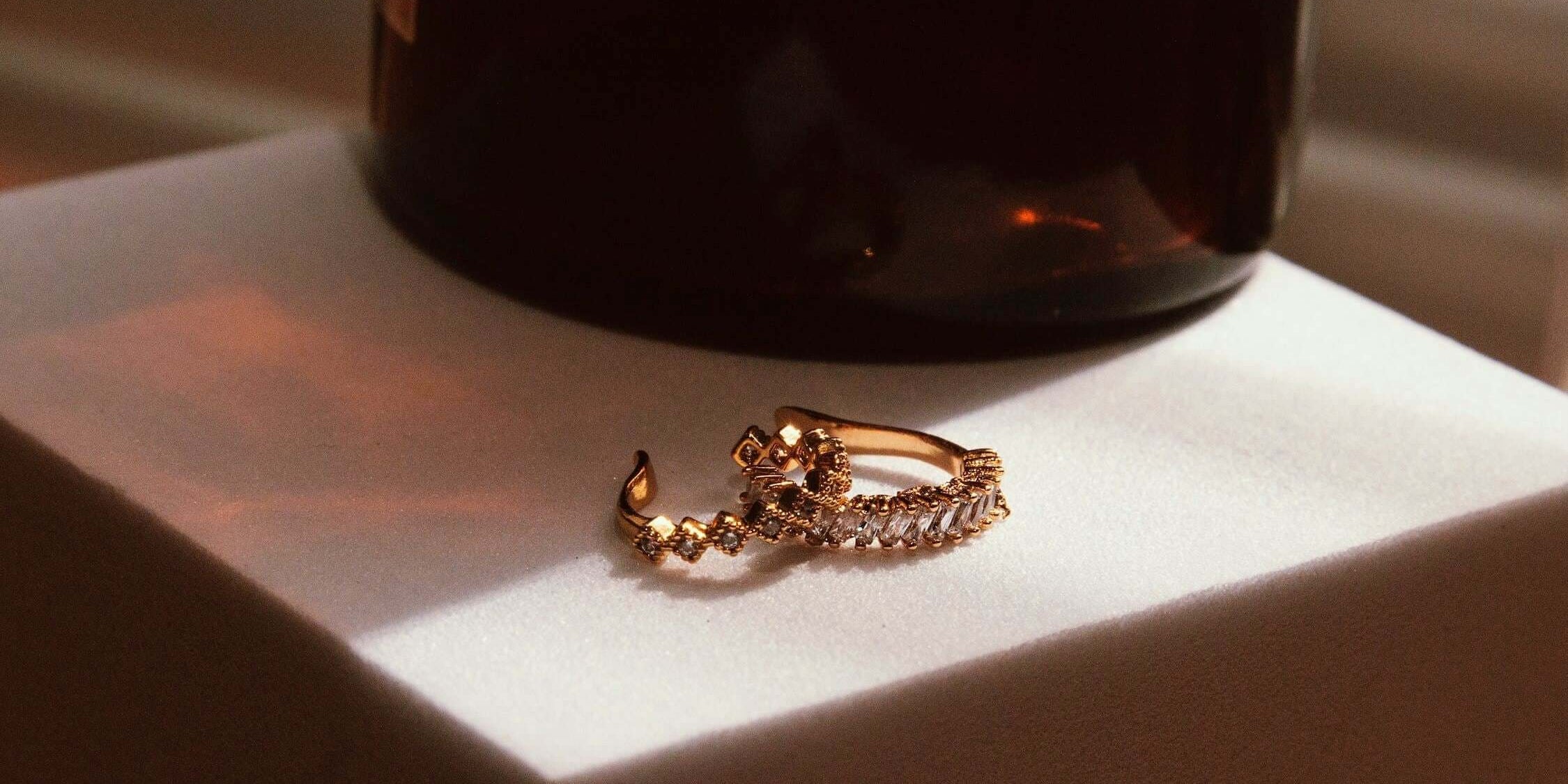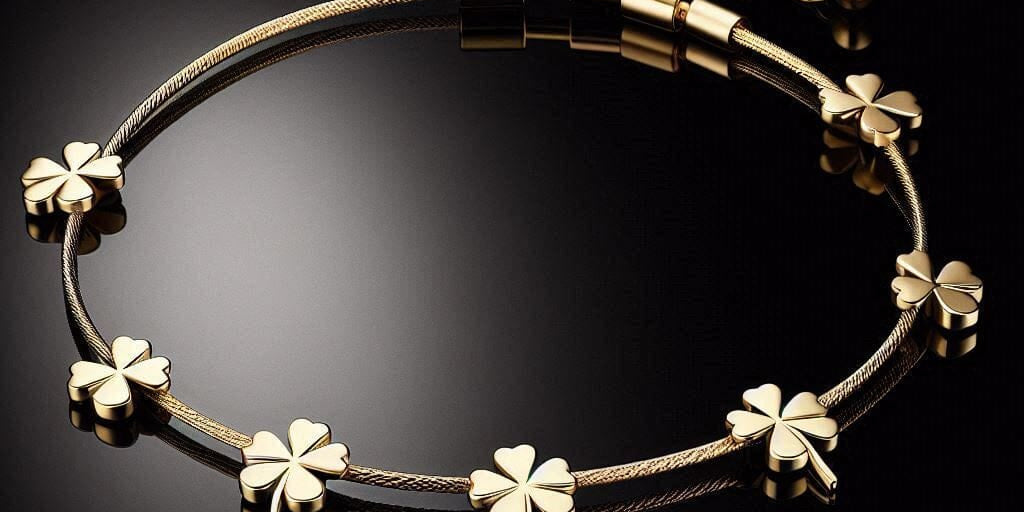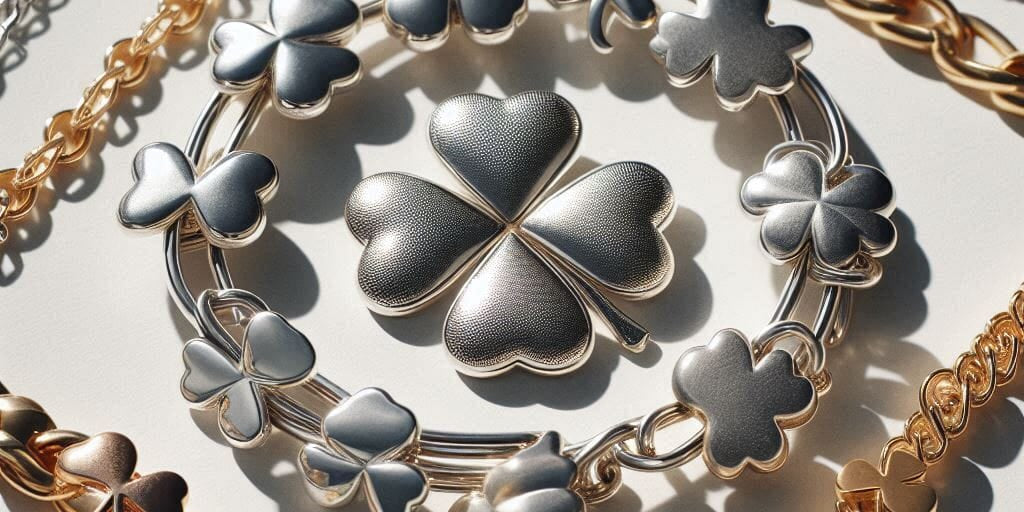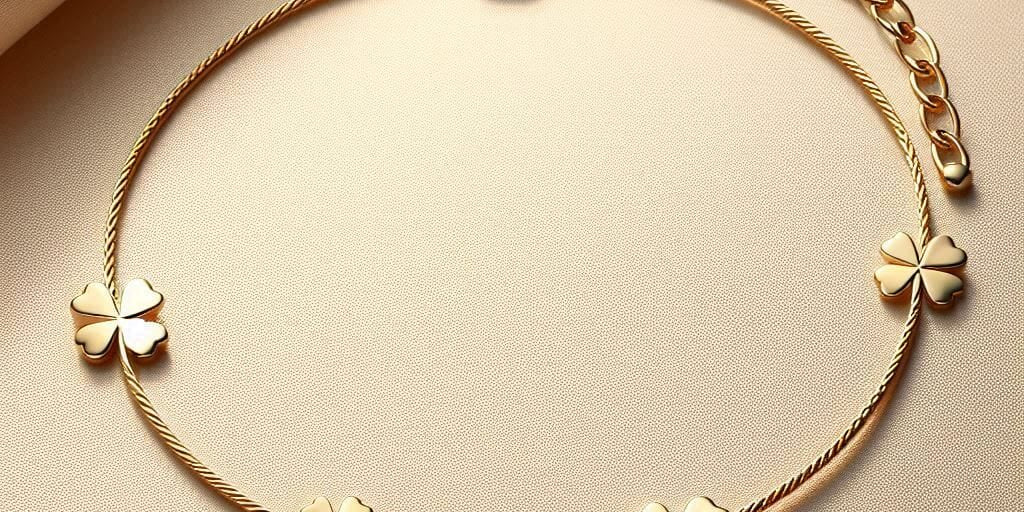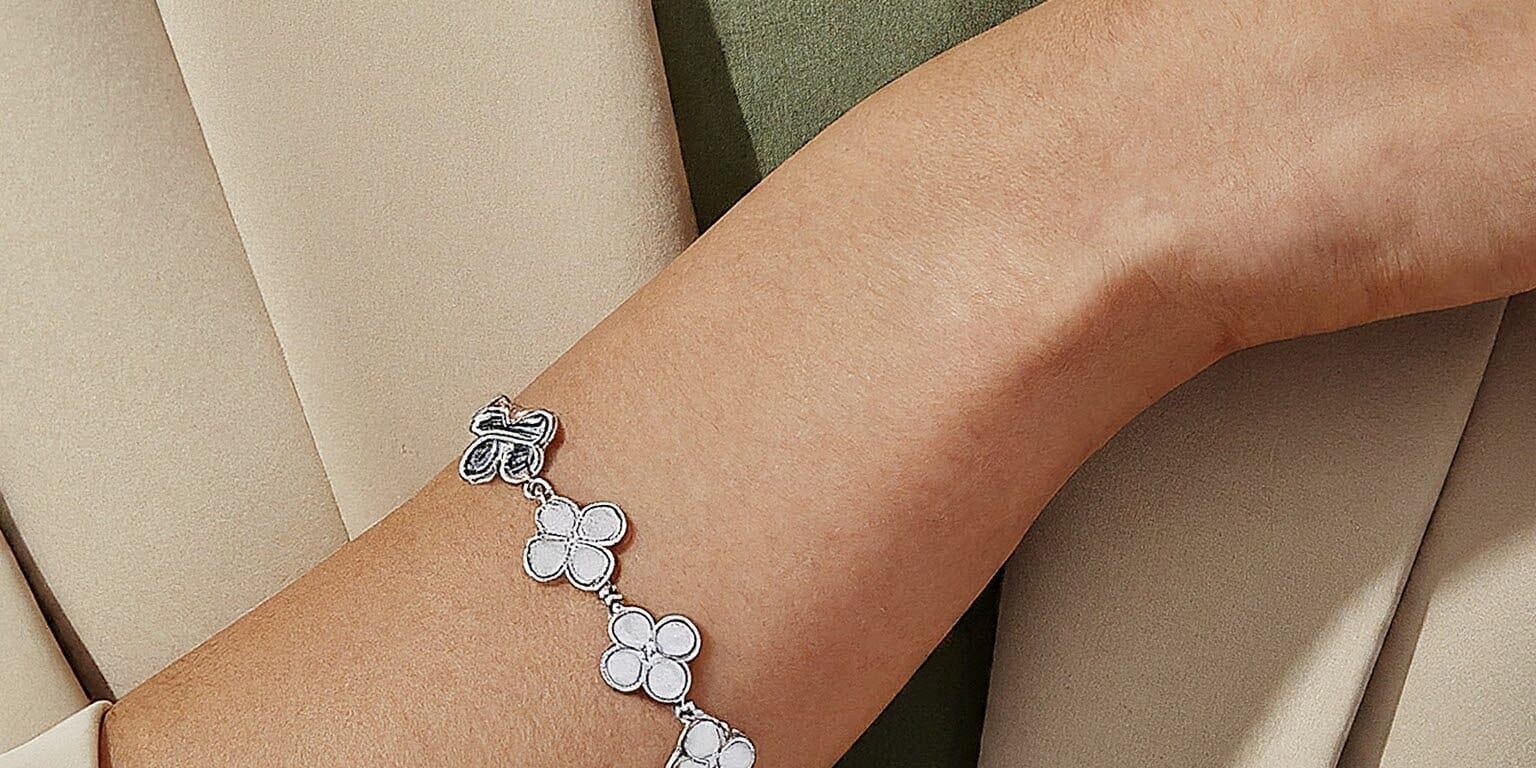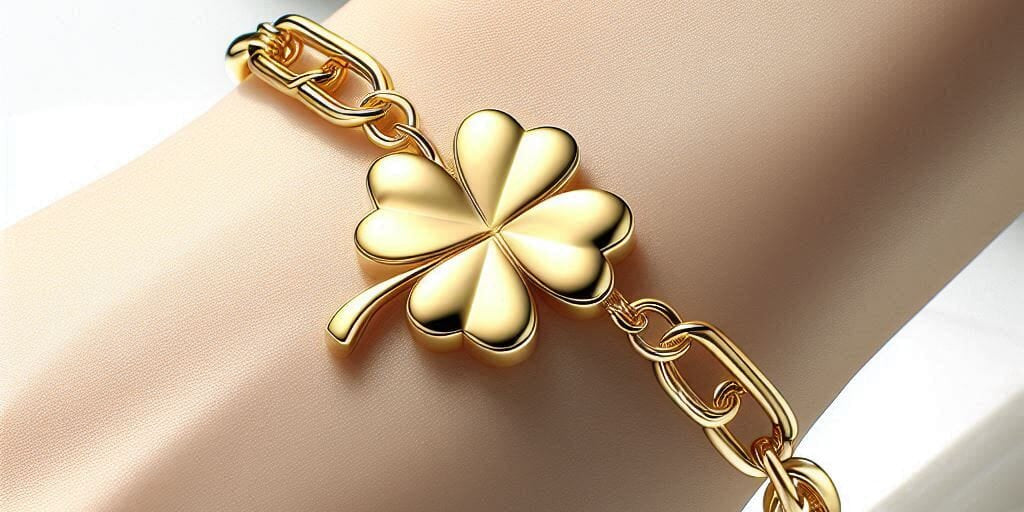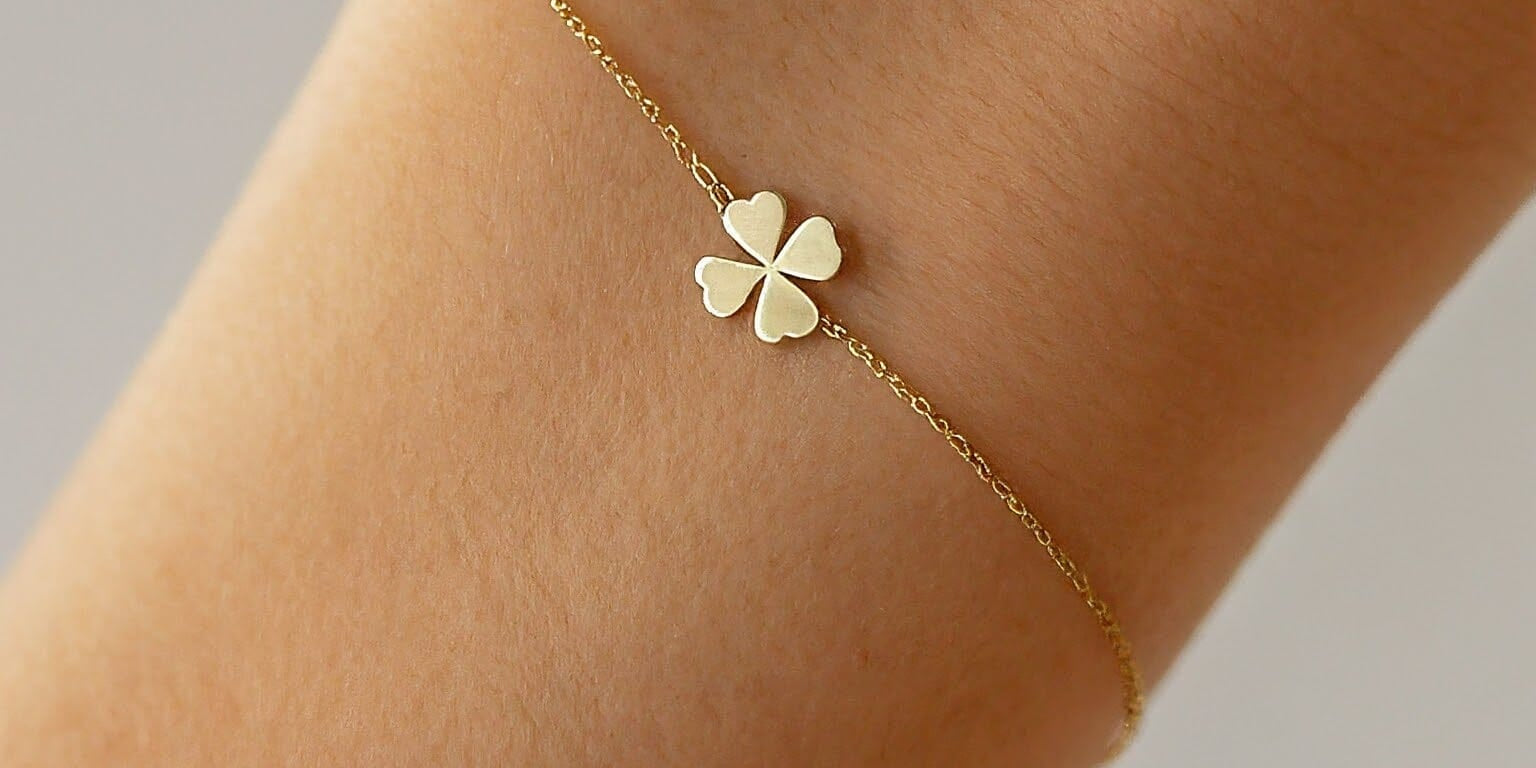Wearing my engagement ring in the pool is a question that crosses the minds of many individuals who cherish their precious jewel. As someone who values the symbol of my engagement, I understand the importance of protecting it, but also the desire to keep it on at all times, even during a leisurely swim. When considering whether to wear my engagement ring in the pool, I take into account the potential risks involved, such as exposure to harsh chemicals like chlorine and the possibility of the ring slipping off.
The materials that make up my engagement ring, including the metal band and the gemstones, can react to the pool's environment. Chlorine can tarnish or even damage certain metals and might loosen the setting of the stones over time. Moreover, cold water in pools can cause my fingers to shrink slightly, increasing the risk of the ring falling off without my noticing. Therefore, it’s crucial to weigh the sentimental and financial value of my engagement ring against the activities I choose to engage in while wearing it.
As a rule of thumb, taking preventative steps to protect my engagement ring can save me from potential heartache. It's wise for me to remove my ring before taking a dip to safeguard its longevity and sparkle. This way, I can ensure that my engagement ring remains a lasting emblem of my love and commitment.
Understanding Your Engagement Ring's Materials
When it comes to whether you can wear your engagement ring in the pool, the materials make all the difference. They determine the ring's ability to withstand water, chemicals, and physical stress.
Metal Types and Durability
Gold, especially 14k and 18k, is commonly used for engagement rings and can resist certain amounts of wear and tear. However, gold can be prone to scratching and denting. Platinum is more durable and less susceptible to damage and wear over time, but can also corrode when in contact with chlorine. Alloys like rose gold, containing copper, can be durable but risk discoloration and corrosion if exposed to chlorine or saltwater.
Gemstones and Their Hardness
The Mohs scale of mineral hardness aids in understanding gemstone durability. Diamonds, ranking highest on the scale, are well-suited for regular wear, including exposure to pools. However, stones like pearl, lapis lazuli, and turquoise are softer and more vulnerable to damage from water and chemicals, leading to discoloration or loss of luster.
Ring Settings and Security

When choosing a ring setting, consider these options for enhanced security:
- 🔩 Bezel Setting: Offers excellent protection for the gemstone by encasing it in metal.
- 🔗 Channel Setting: Provides a secure hold by placing stones in a channel between metal walls.
- 🔄 Tension Setting: Holds the gemstone in place with tension from the metal band, reducing the risk of loss.
- 💍 Cathedral Setting: Elevates the gemstone above the band, reducing the chances of it catching on objects.
- ⚙️ Flush Setting: Embeds the gemstone into the metal surface, offering maximum protection against impacts.
The ring setting plays a crucial role in the security of gemstones. Prongs can become loose over time, and soldered parts can weaken, enhancing the risk of stones becoming loose or falling out in water, especially if the water is cold which can cause contraction in the metal parts.
Potential for Damage from Chemicals
Chlorine and harsh chemicals found in pools, such as bleach, soap, lotions, sunscreen, and bug sprays, can cause corrosion and tarnishing. Gold and lower karat precious metals that contain nickel or copper are especially at risk.
Effects of Water Exposure
Water itself, whether from a swimming pool, the ocean, or even a bath, poses a risk of damage to your engagement ring. Saltwater pools and the ocean can be particularly harmful due to saltwater's corrosive effects. Additionally, cold water can cause your fingers to shrink temporarily, increasing the risk of your ring slipping off.
Risks of Wearing Rings in the Pool

Wearing rings in the pool can pose several risks to both your ring and your health:
- 🔆 Exposure to chlorine and chemicals can tarnish and damage the metal.
- 💍 Rings can slip off fingers due to water and become lost.
- 🧼 Chemicals in pool water can cause skin irritation and allergic reactions.
- 💧 Water can get trapped under the ring, leading to skin infections.
- 🌊 Rough pool surfaces can scratch and damage the ring.
When deciding whether to wear your engagement ring into a pool, you should first understand the various risks, including potential damage and loss of the jewelry. Here, I'll guide you through these concerns.
Physical Impact and Loss
Physical activity in pools can increase the likelihood of your ring slipping off due to the water lessening grip on your skin. The risk of your ring becoming loose or lost is heightened, especially in public pools or at the beach where recovery may be impossible. Security over these high-value items is crucial to maintain your financial protection.
Chemical Impact on Jewelry
The chlorinated water in pools can cause tarnishing and weaken the metal of your ring. Furthermore, exposure to sunscreen, oil, lotions, and soap often used when swimming can leave a film that dulls the sparkle and may require additional cleaning to restore the shining condition of your jewelry.
Water and Temperature Effects

Extremes in temperature, as found in a hot tub or cold lake, can cause your fingers to shrink, affecting the ring's fit and increasing the risk of it slipping off. Saltwater exposure can lead to discoloration and chemical reactions with the metals, diminishing the ring's appearance and structure. Even when having a shower, it's best to remove your ring to maintain its pristine condition.
Cleaning and Maintenance Considerations
After swimming with a ring on, prompt cleaning with a toothbrush can mitigate some of the negative effects, but repeated exposure necessitates more rigorous maintenance. Rings should ideally stay safe and secure at home or on your person in a silicone ring holder to remain in the best condition, free of cloudy buildups or abrasions from sand.
Alternatives to Wearing Your Ring

When I consider swimming with my engagement ring, I prioritize avoiding loss or potential damage due to harsh pool chemicals. It's critical to err on the side of caution to maintain the ring's brilliance and setting integrity.
Secure Storage Options
For peace of mind, I make sure to store my ring in a secure place before heading to the pool. A jewelry box with a soft lining can prevent scratches, while a small storage bag designed for jewelry offers a cushioned environment. If I'm traveling, I use a lockable box or a safe place in my accommodation to ensure the ring’s safety.
Protective Products for Swimming
When storing the ring isn't possible, I sometimes use alternative options like a waterproof pouch. This allows me to keep the ring close without exposing it to water. I have also seen silicone ring protectors that form a barrier around the ring, although using these products still carries risks such as the ring becoming loose or fingers changing size due to water temperature.
Leaving Your Ring at Home
The simplest method to avoid any risks is to remove the ring and leave it at home. This completely eliminates worries about chemicals or physical damage, such as dullness or scratches. Clear communication with any roommates or family about the ring's location is important for its security. Choosing to leave my bling at home is often the best way to ensure that I am erring on the side of caution.
Frequently Asked Questions
When it comes to jewelry, especially something as significant as an engagement ring, it's essential to be mindful of where and when to wear it. The following questions address key concerns around protecting your ring from potential harm.
Is it safe to wear my engagement ring while swimming?
I recommend you to remove your engagement ring before swimming. Pools often contain chlorine, which can damage or discolor metals like gold and platinum and can harm some gemstones.
Can exposure to chlorine affect my engagement ring?
Yes, chlorine can negatively affect my engagement ring, especially if it's a regular occurrence. Over time, chlorine can cause deterioration of the metal, making it brittle and potentially leading to the loss of the stone.
Should I remove my engagement ring before taking a shower?
I should remove my engagement ring before showering since soaps and other products can dull the diamond's sparkle or cause a film to form over the stone, and it can also slip off more easily when my hands are soapy and wet.
Is it harmful to wear my engagement ring in the ocean due to saltwater?
Saltwater can corrode metal and can loosen prongs that hold diamonds or gemstones in place. It's safer for me to leave my engagement ring somewhere secure when going into the ocean.
What precautions should I take with my engagement ring at night?
It's best for me to store my engagement ring safely at night, ideally in a fabric-lined jewelry box where it's protected from scratches and away from other jewelry that could cause damage.
What activities should I avoid while wearing my engagement ring?
I should avoid wearing my engagement ring during vigorous activities like sports, gardening, or heavy lifting, to prevent knocking, scratching, or chipping the stone.
